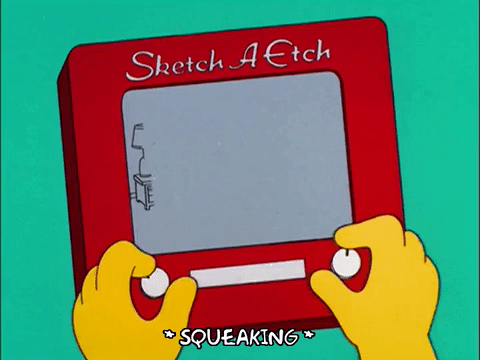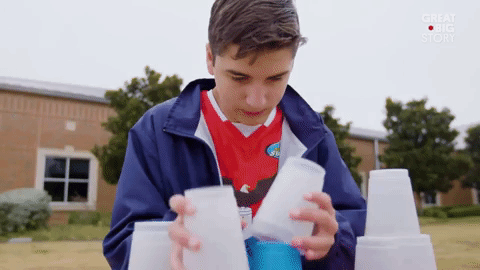Skip to content
The Etch-a-Sketchers start every new day fresh - no weight from the previous day's list of things to do, just a new sheet of paper with a new set of priorities.The Pilers grow their lists endlessly - with the key motivation being "get it onto my list so it's not clogging up my head". They love moving tasks around and restacking each day, getting joy from the ever-increasing group of checked-off work.


Shishir's To-Do List Philosophy
Eating the frog, one bite at a time.
Warning: To-Do Lists are classically personal.
This is a space I've watched for a long time. Book after book, tool after tool, startup after startup. I've made recommendations to friends and colleagues, and watched them end up with something very different.
It's actually a good thing. You should tailor your to-do list to fit you like a glove. Everyone thinks and works differently, and people and processes change. My personal model was built as a hybrid from a bunch of other experts / tools / observations.
Thankfully, Coda was built to let anyone create their own tools. So use this as inspiration. If you want. Or ignore it entirely and make your own from scratch!
Philosophy #1
Etch-a-sketch vs Pilers
Why do most to-do lists fail? I think it starts here:




The world can be split into two to-do list groups: "Etch-a-Sketchers" and "Pilers".
The Etch-a-Sketch people think the Pilers are crazy - constantly loaded down with things they should have done weeks ago. Pilers think the Etch-a-Sketchers are crazy - unable to be relied upon to do anything but what's in front of them. Both are right. So you have to pick. I'm a Piler. I've come to terms with it.
How do Pilers survive? Neat piles. Categorization and Prioritization. So my To-Do list has two important columns: Category and Priority. Pick the schema for these carefully. And the sections are set up to have an explicit set of prioritization areas (make the piles), and a different area for where you really need to focus now.
Philosophy #2
Eat your Frog First 🐸
Mark Twain has a famous quote:

Some good frog philosophy in . You'll notice a Frog column that encourages you to pick a single 🐸🐸🐸 task each day.
Philosophy #3
The main GTD insight: Focus on the "next action"
I'm a big fan of David Allen's philosophy. While there are lots of great concepts there, one of the main ones for me is to keep a "next action list" instead of a "to do" list (see more at
You'll notice my task list tends to be more like a "projects list" and it has a column for Next Action and Future Actions. It will highlight if a Next Action is missing on a prioritized task that is on your plate.
Philosophy #4
My plate / Someone else's plate
In my role, many of the important projects are ones driven by people other than me. I used to try to track this person by person and have a list of tasks tagged to individuals. I've since stopped and ended with a binary "Who" field indicating whether it's on "my plate" or "someone else's plate". The main reason for this is "less gardening" - i.e. being a piler means keeping neat piles which implies gardening, so it's important to minimize it. I usually "just know" whose plate the project is on by reading it - I just need to know if it's on my plate or someone else's.
Getting Started
If any of this sounds like you, then head over to and start setting up your structure. Just remember that To-Do lists are very personal so make it yours!
👉 Next up:
Want to print your doc?
This is not the way.
This is not the way.

Try clicking the ··· in the right corner or using a keyboard shortcut (
CtrlP
) instead.